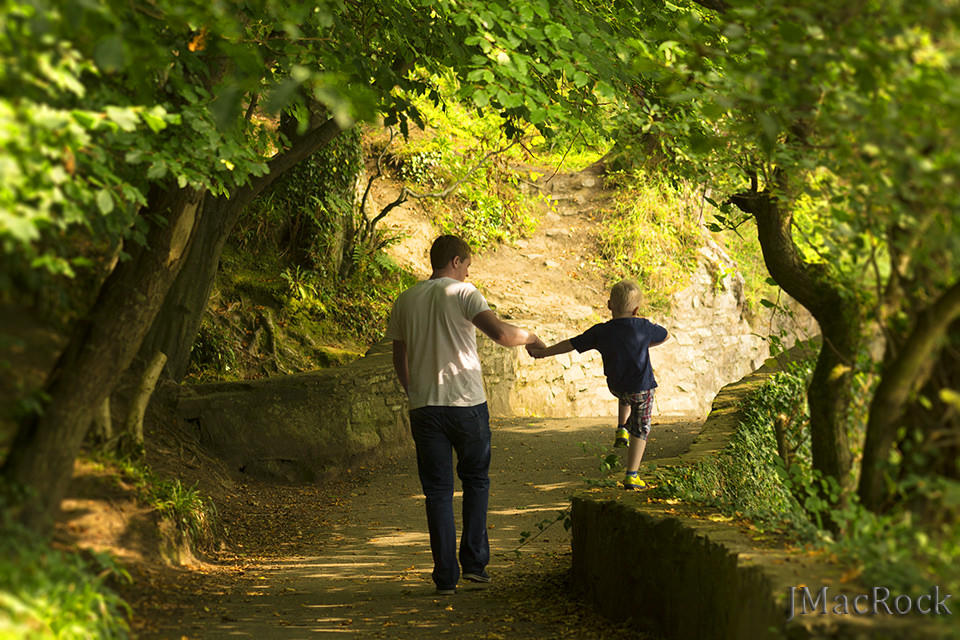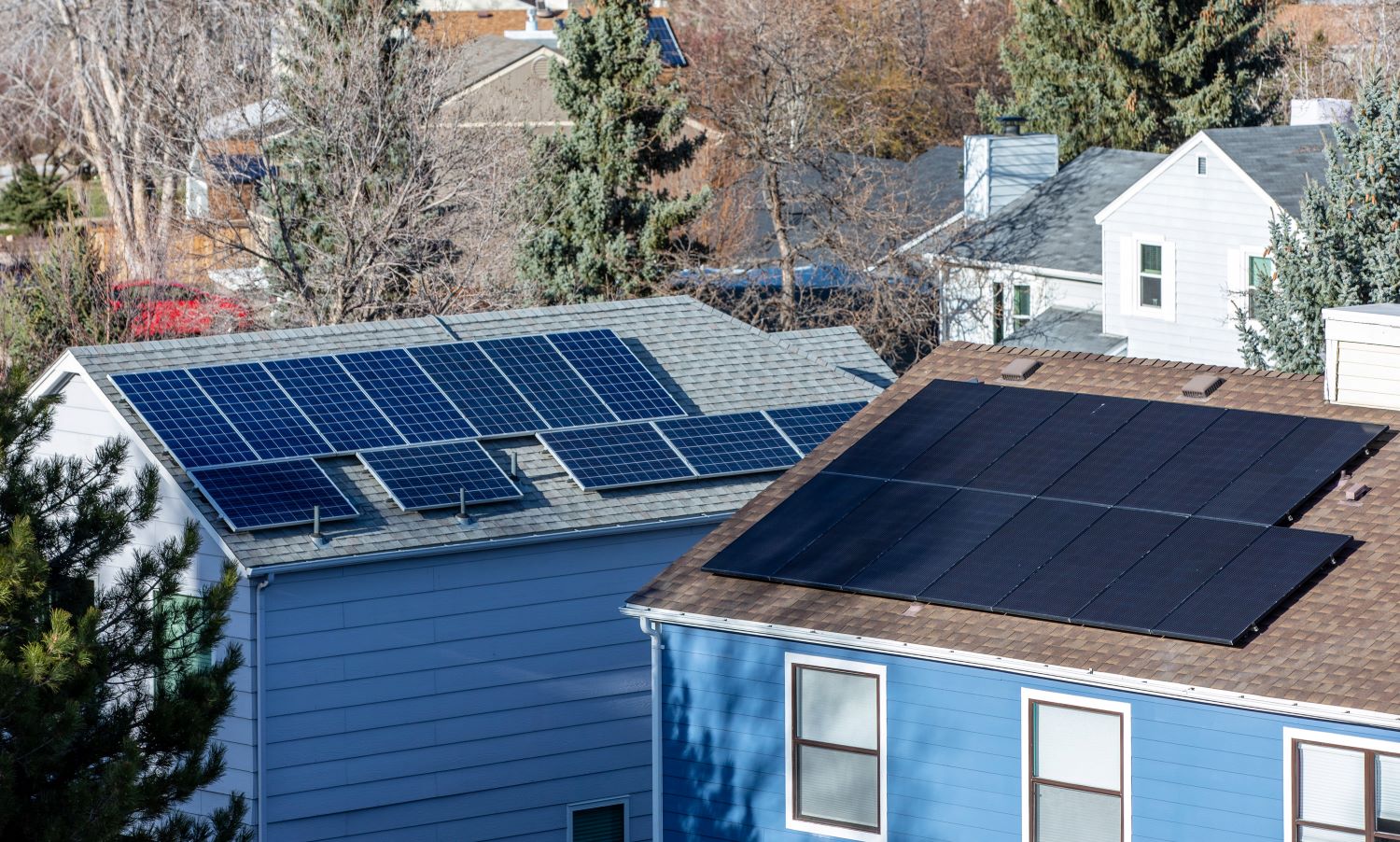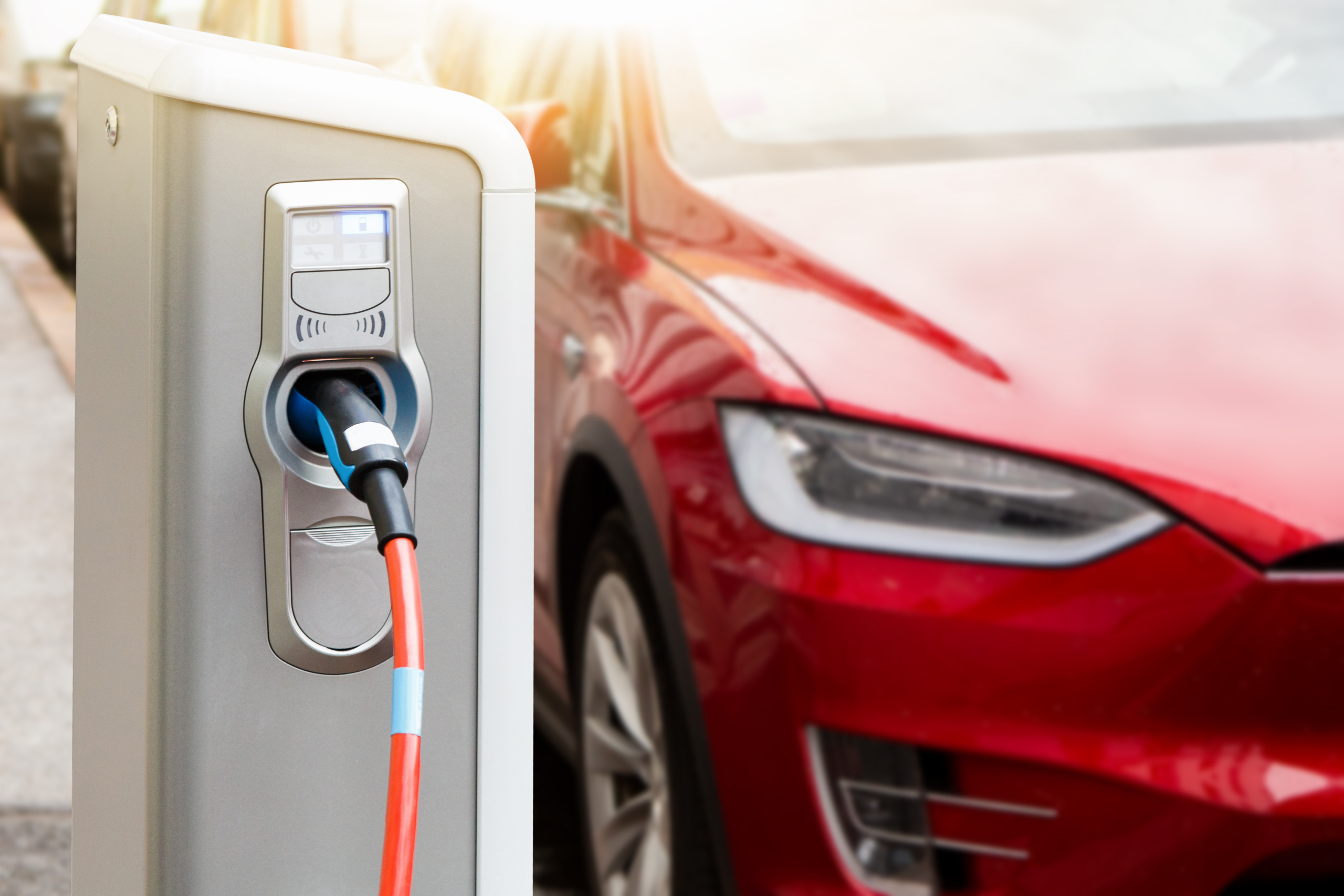
Protecting Children from Global Warming: It Won’t Cost an Arm or a Leg
My 9-year-old son knows that he wants to have children of his own someday. His dedication to these theoretical children astounds me, but it also has its limits: he’s not willing to make any sacrifices today for his children’s future benefit. This reminds me of how we as a society have been slow to embrace changes that would address global warming and protect the future well-being of today’s children.

My 9-year-old son knows that he wants to have children of his own someday. He talks about what he wants to teach them, what experiences he wants to share with them, and what he is willing to do to protect them. His dedication to these theoretical children astounds me, but it also has its limits: he’s not willing to make any sacrifices today for his children’s future benefit. This reminds me of how we as a society have been slow to embrace changes that would address global warming and protect the future well-being of today’s children and subsequent generations – even though those changes will improve our lives now.
This whole conversation started when my son and I listened to a RadioLab episode that explained how researchers had studied Swedish genealogical and harvest records from the 1800s. The researchers found that boys who endured famine for some or all of the time they were nine to 12 years old had sons and grandsons who lived decades longer and had far lower rates of diabetes and heart disease.
I jokingly suggested to my son that we should starve him for the next few years. According to the research, it wouldn’t harm his health or stunt his growth but it could confer tremendous benefits on his children and grandchildren. He wasn’t on board with this, but we began to discuss what other sacrifices he might be willing to make, if they provided adequate benefit to his offspring. He ultimately decided that if he were an old man he’d be willing to lose an arm if it would help his child live an extra decade.
Here’s where my son’s concern for his future children diverges from society’s response to global warming. My son wants to avoid a very real sacrifice (a year of hunger! Losing an arm!), while we as a society are avoiding changes that will make our immediate lives better, in ways we can anticipate and in ways we can’t.
To slash global warming pollution, we must increase energy efficiency and replace coal- and natural gas-fired power plants with wind, solar and other clean technologies. We need to hasten the transition to electric cars and buses, and redesign transportation systems to facilitate walking and biking. We will need to consume less, and compost and recycle more. Compared to the consequences of not acting, these are relatively modest changes that will deliver huge benefits. In addition to ensuring a more stable climate, we will obtain a net benefit of $26 trillion by 2030, according to a recent analysis.
These changes will also make us better off today. We know that burning less coal, natural gas and gasoline will reduce air pollution that causes asthma and triggers heart attacks. Having the option of walking, biking or riding transit instead of having to drive will be good for our physical health and social ties in our neighborhoods. Buying and owning fewer things can be freeing, compared to living in a house full of clutter. There are likely to be additional benefits that we can’t anticipate, simply because we’ve not spent much time imagining what our new world might look like.
Yet we’ve been slow to embrace these shifts. We’ve convinced ourselves that the economy has to continue to operate the way it always has, with a tight focus on growth, employing more people for longer hours and encouraging all of us to consume more. Coupled with a deeply ingrained human inclination to focus more on the potential drawbacks than benefits of change, we’ve resisted all but the most modest changes. We and our children are worse off for it.
It’s time for us to remember another basic human desire: to do everything we can to protect our children and their long-term welfare. Fortunately, an effective response to global warming doesn’t require a change as dramatic as losing an arm. Instead, we need to open to the idea that adjusting our lives today will make us and our children better off.
Photo: Justin MacLochlainn via Flickr CC BY-NC 2.0
Topics
Authors
Elizabeth Ridlington
Associate Director and Senior Policy Analyst, Frontier Group
Elizabeth Ridlington is associate director and senior policy analyst with Frontier Group. She focuses primarily on global warming, toxics, health care and clean vehicles, and has written dozens of reports on these and other subjects. Elizabeth graduated with honors from Harvard with a degree in government. She joined Frontier Group in 2002. She lives in Northern California with her son.
Find Out More

Beyond the politics of nostalgia: What the fall of the steel industry can tell us about the future of America

Let us now praise rooftop solar: A tale from New England

Automakers could have learned to build EVs. They paid Tesla to do it instead.

